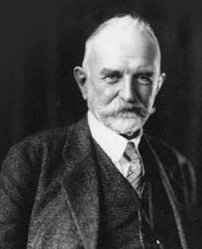A Quote by Siri Hustvedt
Reading is perception as translation. The inert signs of an alphabet become living meanings in the mind.
Quote Topics
Related Quotes
I myself, a professional mathematician, on re-reading my own work find it strains my mental powers to recall to mind from the figures the meanings of the demonstrations, meanings which I myself originally put into the figures and the text from my mind. But when I attempt to remedy the obscurity of the material by putting in extra words, I see myself falling into the opposite fault of becoming chatty in something mathematical.
I have a studio in the country - in the woods - but my paintings look more real to me than what is outdoors. You walk outside; the rocks are inert; even the clouds are inert. It makes me feel a little better. But I do have a faith that it is possible to make a living thing, not a diagram of what I have been thinking: to posit with paint something living, something that changes each day.
It's a matter of seeing the original meaning of all things. The world is full of all kinds of meanings. But our minds are so fettered by the lies and falsehoods they make for themselves, that they cannot see the beauty, goodness, or truth of those meanings. Only a mind that has become free can see such things.
What we want now is an immense awakening of Râjasika energy, for the whole country is wrapped in the shroud of Tamas. The people of this land must be fed and clothed-must be awakened -must be made more fully active. Otherwise they will become inert, as inert as trees and stones. So, I say, eat large quantities of fish and meat, my boy!






































